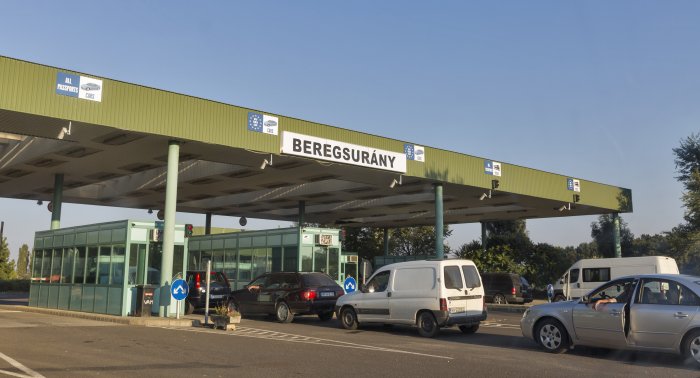PwC: Hungary to lag behind in CEE transport infrastructure development

pixabay
In contrast with most of the CEE countries, Hungary is expected to perform much slower growth in transport spending, according to a report published by PwC today. The growth in transport in this region is expected to be strongest in countries that export minerals, the report said.
According to an analysis by PwC, supported by Oxford Economics, transport infrastructure investment is projected to increase at an average annual rate of about 5% worldwide between 2014 and 2025.
Transport infrastructure investment levels in Western Europe are expected to take a long time to recover due to continual fiscal austerity – returning only to 2008 levels in 2022, but a boomlet is expected in this region, the report said.
“While the Former Soviet Union/Central Eastern European (FSU/CEE) countries currently devote a smaller percentage of infrastructure investments to transportation than the global average, this is projected to change over the forecast period. For most of the FSU countries, investment in good transport networks remains relatively important due to the need to transport extractive outputs to other markets. Spending on ports, in particular, is expected to increase an average of nearly 10% annually from 2014 to 2025. In contrast, non-mineral exporting countries like Poland and Hungary will have much slower growth in transport spending,” Julian Smith, capital projects & infrastructure partner at PwC, said.
SUPPORT THE BUDAPEST BUSINESS JOURNAL
Producing journalism that is worthy of the name is a costly business. For 27 years, the publishers, editors and reporters of the Budapest Business Journal have striven to bring you business news that works, information that you can trust, that is factual, accurate and presented without fear or favor.
Newspaper organizations across the globe have struggled to find a business model that allows them to continue to excel, without compromising their ability to perform. Most recently, some have experimented with the idea of involving their most important stakeholders, their readers.
We would like to offer that same opportunity to our readers. We would like to invite you to help us deliver the quality business journalism you require. Hit our Support the BBJ button and you can choose the how much and how often you send us your contributions.








